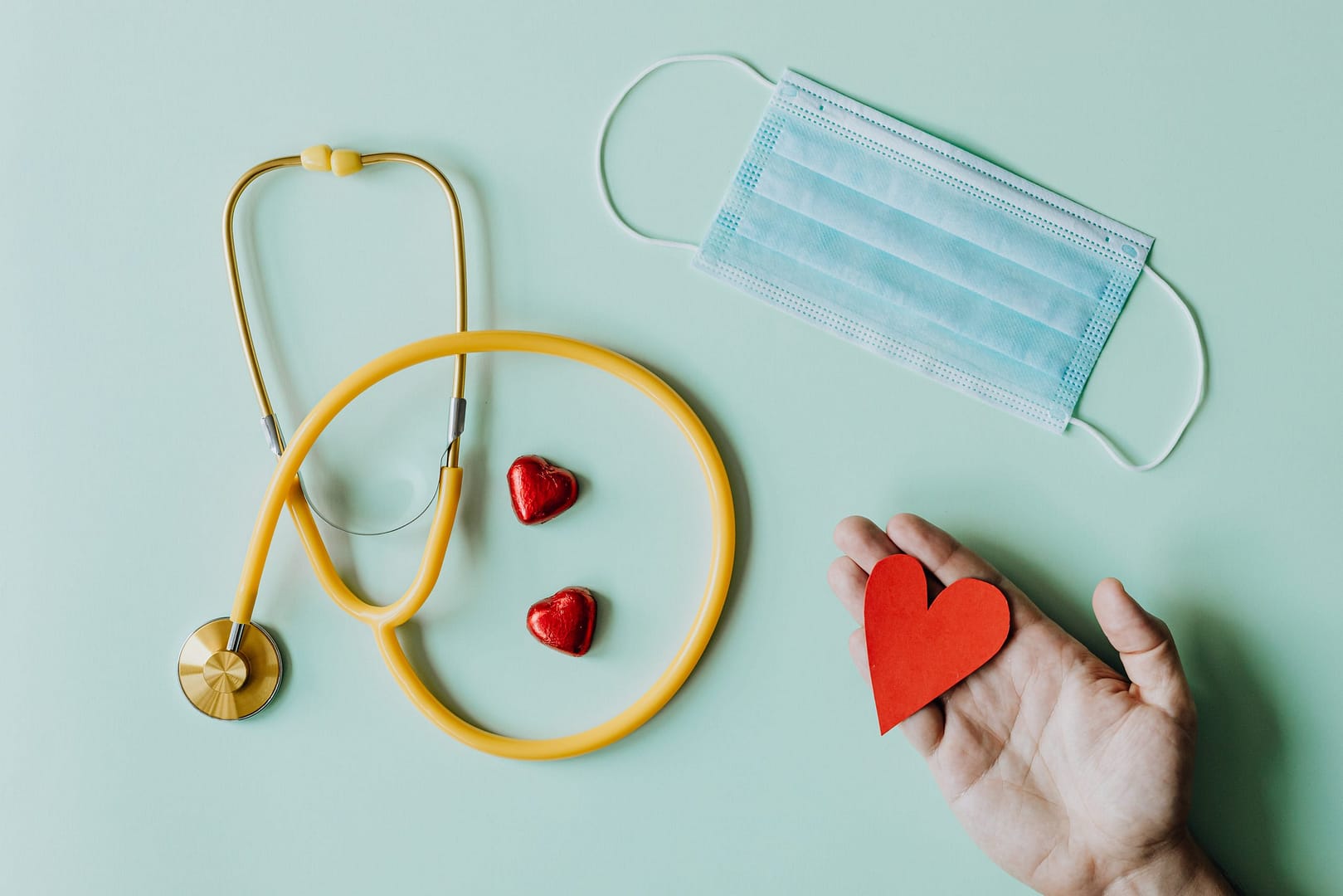In the dynamic landscape of healthcare, where technological advancements and medical breakthroughs often take center stage, the importance of soft skills in the industry should not be underestimated. While surgical precision and medical expertise are crucial, the ability to communicate effectively, empathize with patients, and collaborate seamlessly with colleagues is equally vital. In this blog post, we delve into the significance of enhancing soft skills in healthcare professionals and explore actionable strategies to enhance these essential attributes.
Bridging the Gap: Exploring the Soft Skills Gap in Healthcare
In the ever-evolving realm of healthcare, the soft skills gap has emerged as a critical aspect that demands attention. While the clinical proficiency of healthcare professionals is undeniable, there exists a noticeable disparity in their ability to navigate the human side of patient care. The soft skills gap encompasses communication, empathy, teamwork, and adaptability – essential qualities that enhance patient experiences and contribute to a collaborative healthcare environment.
Four Soft Skills for Healthcare Professionals
Communication:
- Effective communication is the bedrock of patient care. Healthcare professionals must convey complex medical information in a clear and understandable manner, fostering trust and understanding between providers and patients.
Empathy:
- The ability to empathize is crucial in understanding and addressing the emotional needs of patients. Empathetic healthcare professionals create a supportive environment that contributes to improved patient satisfaction and outcomes.
Teamwork:
- Healthcare is a collaborative field, requiring professionals to work seamlessly with interdisciplinary teams. Strong teamwork skills facilitate efficient communication, coordination, and ultimately, better patient care.
Adaptability:
- The healthcare landscape is dynamic, with constant advancements and changes. Professionals need to be adaptable, embracing new technologies and approaches to provide the best possible care.
Role of Healthcare Training Platforms in Honing Soft Skills
Healthcare training platforms play a pivotal role in honing the soft skills of professionals. These platforms offer a variety of tools and resources to facilitate targeted training in communication, empathy, teamwork, and adaptability. From interactive simulations to online courses, healthcare training platforms provide accessible and scalable solutions to bridge the soft skills gap.
Types of Healthcare Training Platforms
Virtual Reality Simulations:
- Immersive experiences through virtual reality simulations allow healthcare professionals to practice and enhance their soft skills in realistic scenarios, promoting experiential learning.
Online Courses and Webinars:
- Healthcare professionals can access a wealth of knowledge through online courses and webinars, offering flexibility in learning and allowing them to acquire soft skills at their own pace.
Interactive Workshops:
- Interactive workshops provide a hands-on approach to soft skills training. Role-playing exercises and group activities create a dynamic learning environment that mimics real-world healthcare scenarios.
E-Learning Platforms:
- Dedicated e-learning platforms offer a wide range of modules focusing on communication, empathy, teamwork, and adaptability. Professionals can engage with content tailored to their specific needs.
Simulated Patient Encounters:
- Simulated patient encounters mimic real clinical interactions, allowing healthcare professionals to practice and refine their soft skills in a controlled environment before applying them in actual patient care settings.
Mobile Applications:
- Mobile applications provide on-the-go access to soft skills training resources. Professionals can incorporate learning into their daily routines, making continuous skill development more achievable.
How to elevate Soft Skills in Medical Education?
Elevating soft skills should be an integral part of medical education. Incorporating dedicated modules within the curriculum, engaging students in role-playing exercises, and providing exposure to real-world clinical settings can help future healthcare professionals develop the essential soft skills needed for holistic patient care.
Four Best Practices for Implementing Soft Skills Training
Customized Training Programs:
- Tailor training programs to address the specific needs of healthcare professionals. Customization ensures that the training aligns with the unique challenges and requirements of different roles within the healthcare sector.
Continuous Assessment and Feedback:
- Implement continuous assessment mechanisms and feedback loops to gauge the effectiveness of soft skills training. Regular evaluations allow professionals to track their progress and make necessary adjustments.
Integration with Clinical Practice:
- Integrate soft skills training with clinical practice. Applying learned skills in real-world scenarios enhances retention and ensures that professionals can seamlessly incorporate these skills into their daily interactions with patients and colleagues.
Leadership Support and Advocacy:
- Gain support from leadership to prioritize and advocate for soft skills training. When leaders champion the importance of soft skills, it fosters a culture that values continuous learning and the development of well-rounded healthcare professionals.
In conclusion, navigating beyond scalpels in healthcare involves acknowledging and addressing the soft skills gap. By identifying key soft skills, leveraging healthcare training platforms, incorporating effective strategies in medical education, and implementing best practices in training, healthcare professionals can cultivate a holistic skill set that goes beyond clinical expertise, ultimately enhancing patient care and overall healthcare outcomes.
